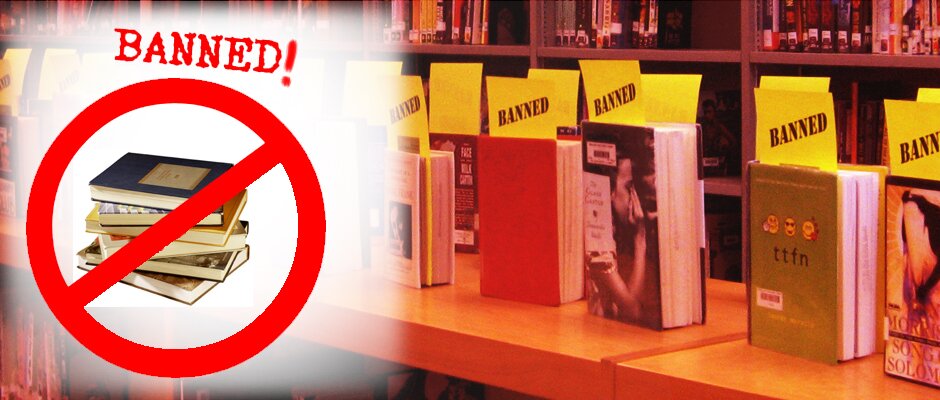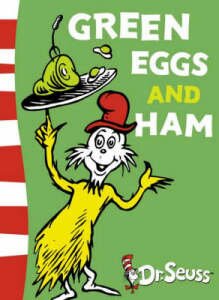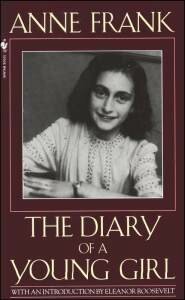
It is unclear exactly when the first published book was banned, yet it is safe to assume that ever since Gutenberg introduced the printing press way back in the 15th century, some hater out there banned certain books from being read. Be it explicit content or opposing a political ideology, hurting religious sentiments, defaming an individual or even something as bizarre as propagating anthropomorphism, books have been banned from entire countries, states or certain education boards. While some countries have specific forums or unions through which people can petition for the ban of books, any individual or organization may file a suit for the ban of literature in India. A lot of books have been challenged over the years (short of banning but parts of the population have been prevented from reading them nonetheless). Well, here’s a list of books that you wouldn’t think anybody would ban/challenge:
1) Black Beauty
While there is a controversy over whether Anna Sewell’s classic autobiographical account of a horse named Black Beauty was ever banned in colonised South Africa, many sources believe it was. The reason? An official in the apartheid regime believed it was a book dealing with ‘Black people’s rights’ since the title consisted of the words ‘black’ and ‘beauty’.
2) Green Eggs and Ham
“Do you like Green Eggs and Ham? I do so like Green Eggs and Ham. Thank you, thank you Sam-I-am.” While most of us grew up devouring Green Eggs and Ham, children in China did not. This is because from 1965 till author Dr. Seuss’ death in 1991, Green Eggs and Ham faced a ban. Apparently, the book had undertones of early Marxism. Some even go on to say that persuading someone to read this book had homosexuality written all over it. Six-year-olds beware!
3) Gone With the Wind
When Rhett Buttler looked into Scarlett O’Hara’s eyes and said, “My dear, I don’t give a damn,” little did you feel anybody would. But people did give a damn, since the word “damn” was considered to be profane when the book first came out in 1936. The behaviour of Scarlett’s character, the freeing of the slaves and more recently, the use of the word “negro” in the book have all been challenged. The book was banned in certain parts of USA at different times over the past 70 odd years.
4) The Adventures of Sherlock Holmes
The people in the USSR were deprived of the tales of the greatest detective the world had ever seen. On the grounds of ‘occultism’, the USSR banned Sir Arthur Conan Doyle’s book of twelve stories approximately 30 years after it was first published. Even Sherlock Holmes wasn’t able to uncover any traces of occultism in any of the stories. It is now widely believed that the bias was against the author, as Doyle is said to have believed in fairies.
5) The Diary of a Young Girl
Now where would you think the diary of a young Jewish girl living during the Holocaust would be banned? Germany, right? Surprisingly, there isn’t any evidence of this diary being banned in Germany. However, the Lebanese decided that Jews and Israel were portrayed favourably in the book and banned it. More recently, the book was severely challenged as many felt that Anne’s character was overtly sexual in nature.
6) Such A Long Journey
Indo-Canadian novelist Rohinton Mistry’s Such A Long Journey held pride of place in the reading list of the English syllabus under the Mumbai University for four years. However, when grandson of Shiv Sena patriarch Bal Thackery read a part of the book, the Yuva Sena leader Aditya found it “abusive about his grandfather and the Maharashtrian community”. Following political protocol, the book was burned by an angry mob and eventually the Vice Chancellor agreed to withdraw it from the list.
The fact is that everybody can find something that would offend or go against his or her beliefs in a book you find perfectly acceptable. Every book is written in a particular time period, by a person who has been through certain situations in life that make him write what he does. It is essential for the reader to understand this before he or she reads the book. Banning or challenging a book is done by a person or a group that feels threatened by it, mostly because it challenges their authority. This is effectively going against what the UN claims is an essential human right – the freedom of speech. No matter how many challenges a book faces, it is impossible to ban literature in today’s world. The words will find a way to reach the eyes that wish to read them. The bestselling book series in history (any guesses?) has faced over 3000 challenges across the USA alone.
Case in point.
___________________________________________________________________
This article was previously published in the dfuse.in Yearbook. Download it here.


